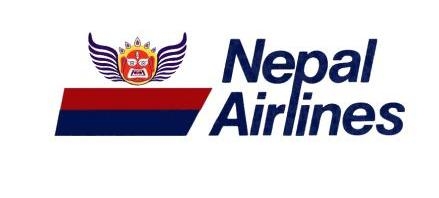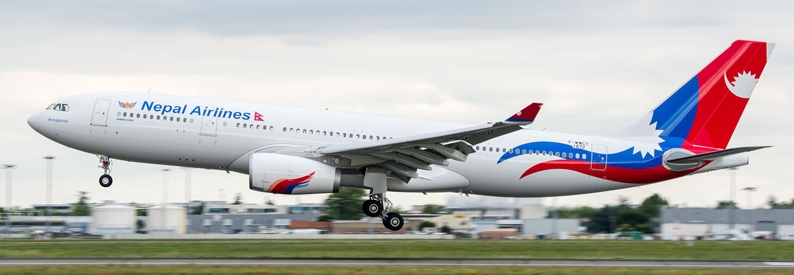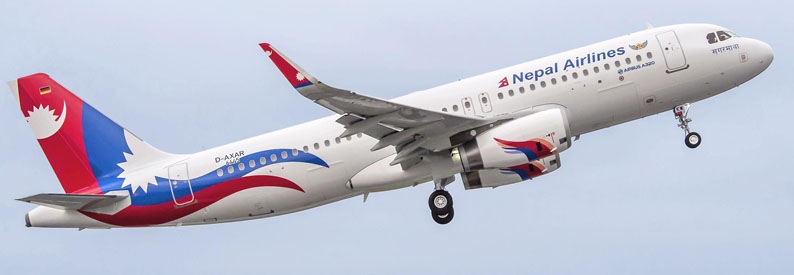A group of workers have prevented the CEO of Nepal Airlines (RA, Kathmandu) from accessing company headquarters is protest at what they say is the mismanagement of the state-owned airline.
Multiple Kathmandu-based outlets are reporting on the incident earlier this month in which union-affiliated employees barred the entry of CEO Yuvraj Adhikari to the airline's offices and erected protest banners. The protestors listed several alleged operational and management failures that have or are occurring under Adhikari's watch. Notably, the recent Civil Aviation Authority of Nepal (CAAN) decision to open up groundhandling rights at Kathmandu's Tribhuvan Airport has inflamed industrial relations. Nepal Airlines has long enjoyed monopoly groundhandling rights at the gateway airport and relied on it for revenue.
In addition, the group accuses Adhikari of neglecting to ensure adequate maintenance has been carried out on some aircraft, arbitrarily appointing people to key roles, and neglecting and demoralising the permanent workforce. Airline Corporation Employees Union President Maan Bahadur Kunwar called for Adhikari to stand down, citing several issues, including out-of-service aircraft, specifically five parked Chinese manufactured aircraft and associated spare parts left "in a careless condition."
The European Union Safety Agency recently decided to extend a ban on Nepalese airlines flying into EU airports after legislation to split CAAN into two entities - a service provider and regulator, was halted by the current Nepalese government. EASA had previously indicated splitting up CAAN was a prerequisite to lifting the flight ban. However, the Kathmandu Post reports that the CAAN Director General Pradip Adhikari campaigned against this happening, incorrectly telling the prime minister and senior government members that EASA would lift the ban regardless.
Leaked correspondence to CAAN reveals that EASA identified several safety deficiencies during an August onsite audit, with EASA saying, "concerns remain about the current capacity of CAAN to properly discharge the responsibility required by relevant international safety standards."
The same correspondence flagged several failings at Nepal Airlines, saying that the state-owned carrier needed to develop and implement corrective action plans to address the problems identified during an assessment of the airline. EASA also identified recurring issues with data management and training manuals at Nepal Airlines.
The airline's active fleet comprises two A320-200s, two A330-200s, and two DHC-6-300s, although media reports suggest one of those aircraft, an A320-200 registered as 9N-AKX (msn 6555), was grounded late last week with three flight cycles left before an engine needed replacing. The aircraft had spent 10 weeks on the ground earlier this year over engine issues.
Maan Bahadur Kunwar says Nepal Airlines belongs to the Nepalese people and that many critical issues have impacted it under Adhikari's leadership. ch-aviation has contacted Adhikari for comment.


